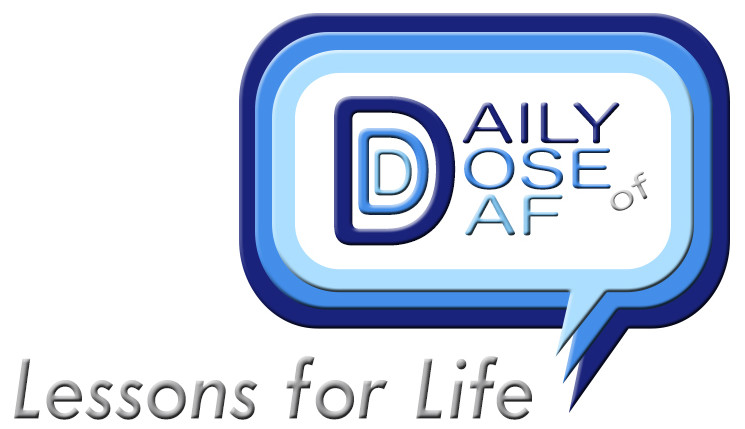יום ו Date: 30 Tishrei, 5774 (10/24/14) – Yevamos#20 {Eliezer}
ACCIDENTAL POISONING
[20a bottom] Rava: Rabbinic restrictions are called “Prohibitions of Sanctity.”
Nesivos: Rabbinic law needs to be followed only because the Torah says to listen to them (there is nothing specifically wrong inherently in these prohibited items, the laws are mostly fences not to break Biblical laws themselves). Therefore, for an accidental violation of a Rabbinic prohibition, one does not need forgiveness. But, if a Torah prohibition is violated (even accidentally) [since the item itself is Biblically prohibited, and it has negative effects) it is as if one consumed poison (and accidental ingestion is still very toxic!). Rabbinic prohibitions are more focused on the Gavra (the individual) whereas Biblical prohibitions focus more on the Cheftza (the harmful items/acts).
D-E-ep Thoughts: It is not as important as to what the Rabbis said, as the fact that they said it, period. When a parent teaches a child, it is important not only that the parnt is teaching the child a lesson, but that the child must listen and follow what the parent is saying! That is why it is extremely important to a) not go back on words that we promise or threaten b) that parents do not contradict each other and send mixed messages. We must always act together, teach and follow in ways that respect people and their teachings.
